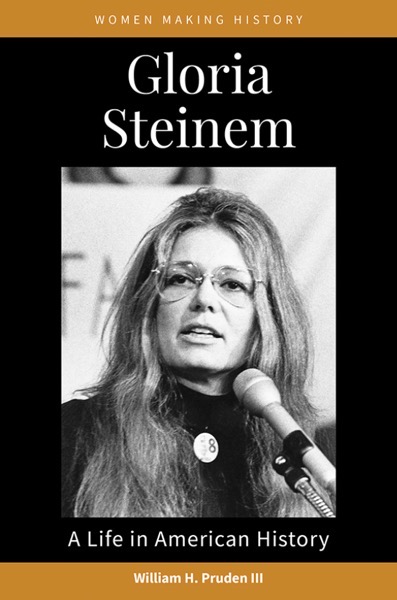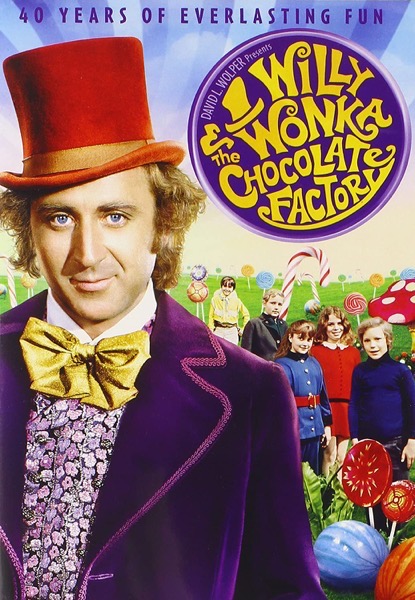In researching and writing my book on Giuseppe and Anita Garibaldi and the unification of Italy (A Man Of Action Saving Liberty: A Novel Based On The Life Of Giuseppe Garibaldi) I re-discovered the first American female war correspondent – Margaret Fuller — who I had first met in a college course on the Transcendentalists. I was once again fascinated by a life lived purposefully.
Then I found Tammy Rose’s podcast on the Transcendentalists – Concord Days – and was delighted when she asked me to guest for a discussion of Fuller’s work in Italy as both a journalist – and a nurse. — Rosanne
Watch this entire presentation
Concord Days sends love to Margaret Fuller on the anniversary of her death in 1850.
The conversation focuses on Margaret’s exciting days in ITALY!
Dr. Rosanne Welch takes us through her adventures and enthusiastically reminds us what she was like when she was living her best life!
Transcript:
Tammy: …and it got her all over the place.
Rosanne: It did and I often compare her — when i’m talking to students about her — I compare her to John Quincy Adams, right, who at 10 was translating his own father’s paperwork and knew five or six languages and he’s going to be like — in my opinion — our smartest president. So she’s on par with him but not given the opportunities.
Tammy: Exactly and even in her day she was known as the most widely read woman in America and she talked her way into the Harvard library even though she couldn’t actually attend Harvard you know and she made sure that she could get the education that she wanted. She must have had this like internal drive and curiosity that just kept her going throughout her life.
Podcast: Play in new window | Download
Subscribe: RSS
![05 Margaret’s Education from Concord Days: Margaret Fuller in Italy [Video]](https://rosannewelch.com/wp-content/uploads/2021/08/rmw-concord-day-2021-fuller-rome-05.jpg)



![04 Sex and Marriage from Concord Days: Margaret Fuller in Italy [Video]](https://rosannewelch.com/wp-content/uploads/2021/08/concord-04.jpg)


![03 Transcendentalism and the 1960s from Concord Days: Margaret Fuller in Italy [Video]](https://rosannewelch.com/wp-content/uploads/2021/08/concord-03-1960s.jpg)
![02 Fuller’s Life and Bronson Alcott from Concord Days: Margaret Fuller in Italy [Video]](https://rosannewelch.com/wp-content/uploads/2021/08/rmw-concord-day-2021-fuller-rome-02.jpg)

